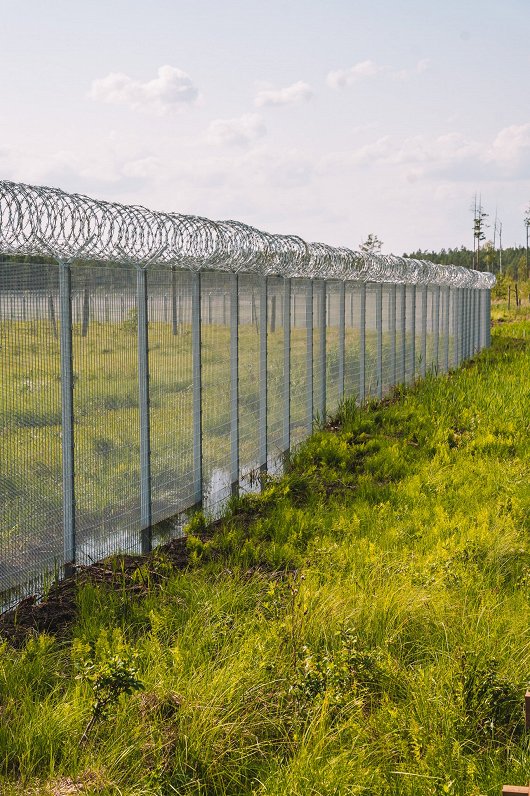The amendments also reinforce criminal liability for assisting persons crossing the State border to reside in Latvia, as well as to move within the state.
The Criminal Law also increases the amount of custodial sentences and excludes alternative punishment of community service. That type of penalty is deemed insufficient to deter persons from committing a criminal offense directed against the border and territorial security of the state.
Previously, deputies of the United List had submitted the plan for harsher penalties, but it was decided to propose an alternative draft law in the responsible committees of the Saeima. The MPs recognized this as urgent and supported it rapidly in the final reading.
The changes provide for increased criminal liability for the illegal movement of a person across the State border, for the deliberate provision of a person with the possibility to reside illegally in Latvia, as well as for the provision of an offender with the possibility to legally acquire the right to reside in Latvia or another European Union Member State.
For those offenses, it is planned to increase the prison sentence to three years. At the same time, it is planned to cancel a temporary custodial sentence, thus raising the minimum prison threshold from 15 days to 3 months.
It is intended to maintain the alternative punishment of deprivation of liberty – a fine to be imposed between EUR 1,860 and EUR 620,000. If the fine is not paid, it is replaced by deprivation of liberty.
Probation supervision will also be maintained as an option for the offenses in question.
A higher punishment – imprisonment of up to six years – shall be planned for the illegal movement of a person across the border, if it has been committed by a public official using his or her position of service, or by a group of persons upon prior agreement, or for illegal transfer of several persons. In such cases, the possibility of imposing any alternative form of punishment will be excluded.
The court will also be allowed to impose an additional penalty. But in cases where more than five people have been wrongfully displaced and an organized group has done so, the additional penalty will be mandatory.





























